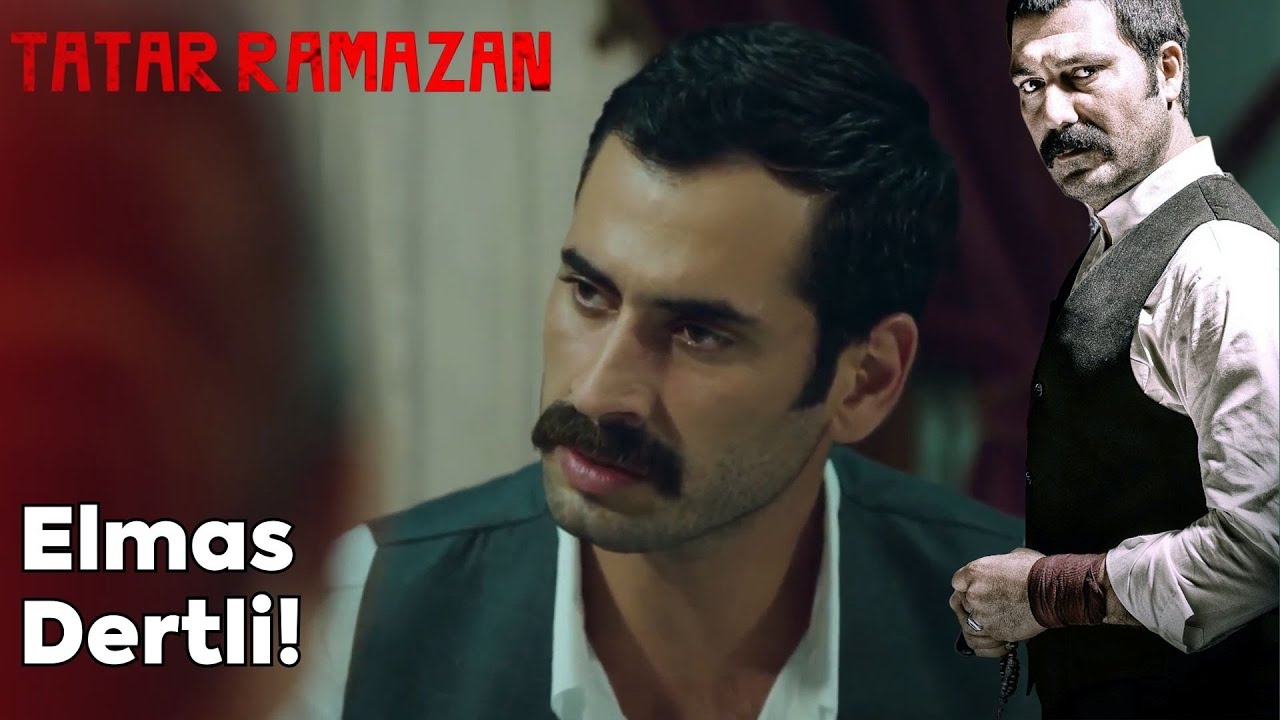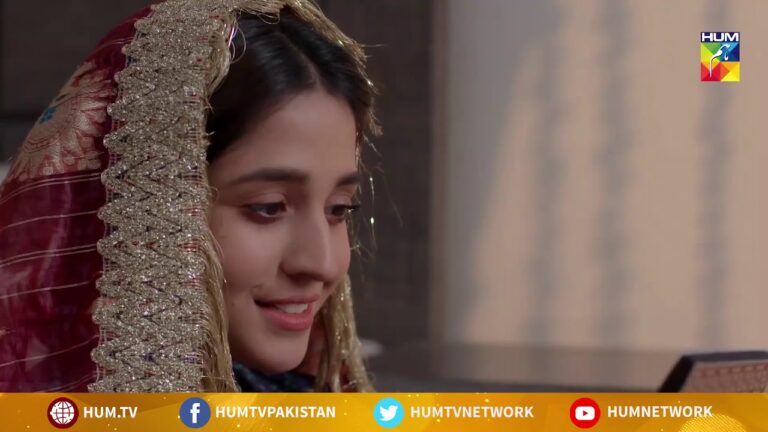Tatar Ramazan Drama Review: Focusing solely on the 2013 version of Tatar Ramazan, “Tatar Ramazan: Ben Bu Oyunu Bozarım” (This Game I Will Spoil), allows for a more nuanced exploration of the series’ strengths and weaknesses.
Plot Summary
The 2013 version expands the narrative universe of Tatar Ramazan. We delve into Ramazan’s life before prison, a life filled with love and promise. His world revolves around carpentry, his close-knit circle of friends, and his passionate love for Süreyya. Their forbidden romance blossoms despite societal disapproval.
Tragedy strikes when Ramazan is framed for murder and thrown into prison. His unwavering love for Süreyya becomes a beacon of hope amidst the harsh realities of prison life. The narrative unfolds as Ramazan grapples with injustice, fights for his freedom, and clings to the memory of Süreyya.
Character Analysis
- Ramazan: The core of the series. His strength, loyalty, and unwavering love for Süreyya make him a compelling protagonist. The 2013 version explores the emotional toll of his incarceration and his journey to maintain hope.
- Süreyya: Ramazan’s love interest. Her presence becomes a symbol of the life he was forced to leave behind. The series doesn’t delve deeply into her character, but her importance to Ramazan is undeniable.
- Secondary Characters: The series introduces a wider cast. We meet Ramazan’s loyal friends who support him from the outside and fellow inmates who become his confidantes within the prison walls. The antagonist, responsible for framing Ramazan, becomes a focal point in his fight for justice.
Themes
- Forbidden Love: The core theme remains the struggle for love in the face of societal barriers. Ramazan and Süreyya’s forbidden romance adds an emotional layer to the narrative.
- Resilience and Hope: Despite the harsh realities of prison, Ramazan never gives up hope. His determination to overcome adversity and reunite with Süreyya serves as an inspiration.
- Corruption and Injustice: The series exposes the corrupt nature of the prison system and the lengths some will go to for power and vengeance. Ramazan’s fight for justice takes on a personal dimension.
- Loss and Longing: The series explores the emotional toll of imprisonment. Ramazan grapples with the loss of his freedom, his way of life, and the constant longing for Süreyya.
Impact and Legacy
The 2013 version of Tatar Ramazan resonated with viewers for its emotional depth and its exploration of universal themes. The added backstory of Ramazan and Süreyya’s love story created a stronger connection with the characters. However, some viewers might have found the portrayal of Süreyya one-dimensional.
Strengths of the 2013 Version
- Emotional Depth: The focus on Ramazan’s emotional journey and his unwavering love for Süreyya adds a layer of depth not present in the 1992 version.
- Character Development: The introduction of Süreyya and a wider supporting cast creates a richer narrative tapestry.
- Exploration of Social Issues: The forbidden love angle highlights societal pressures and adds another layer of conflict.
Possible Critique
- One-Dimensional Characters: While Ramazan benefits from the added development, some viewers might find Süreyya and other supporting characters underdeveloped.
- Focus on Romance: The emphasis on the love story might overshadow the themes of prison life and the fight for justice for some viewers.
Conclusion
Tatar Ramazan: Ben Bu Oyunu Bozarım (2013) offers a captivating drama experience. It blends a suspenseful prison narrative with a powerful love story, exploring themes of resilience, hope, and the fight for justice. While potential areas for critique exist, the series remains a compelling example of the genre and a testament to the enduring power of storytelling.










+ There are no comments
Add yours